For Gutenberg, the idea for 2018 is to consolidate & expand: Harjiv Singh
Gutenberg is out to strengthen its presence in the ASEAN market and has launched its office in Singapore. Singapore will host Gutenberg’s ninth office. With the launch of its new office, Gutenberg brings its global branding initiative, ‘Global Storytelling Series’, to Singapore.
The global integrated digital marketing communications firm has witnessed strong 30 per cent YoY growth over the last 13 years and is looking at further consolidation and expansion in 2018.
Harjiv Singh, Founder and CEO, Gutenberg, speaks to Adgully about the firm’s journey so far, changes in the PR and corporate communications landscape today, increasing shift towards digital, fake news, native advertising and much more. Excerpts:
Please take us through the growth journey of Gutenberg.
When we started in New York in 2004, our first client was Wipro. Since 2010, we have been adding a lot of service clients around digital because people these days are more on Facebook, Twitter and social media platforms. The shift to digital has been happening at a great pace. Facebook was born in 2004, and today it reaches 2 billion-plus masses every day. They say that they are a tech company, but most importantly, they are a user generated media company. If we look at the old marketing world, we built brands by showing fantastic and mass oriented ad campaigns without pressing more on segmentation, but today we can directly go on Facebook and do the respective advertising narrowing down on the basis of country, interest area and other sectors. Even marketing is changing with the convergence of old ad campaigns with new format which is shorter and quicker.
For us, we started this journey some six-seven years back and expanded our whole digital footprint. Last year, we did the complete rebrand with PR and storytelling at the core, because for brands I personally believe that they are built by good stories. Take the example of Apple, it’s an iconic brand and the story revolves around the saga of Steve Jobs, who reinvented the whole brand with Mac and iPad, which a majority of us consume. For Gutenberg, our strategy has always been focused on the markets where there is growth and a large population.
If I do a print or TV ad, I will fit in that for that particular moment only when I will watch it, there will be no repeats, but if we talk about digital, it stays online for a longer period of time. Digital gives you a recall and reach factor which is very important. Facebook and Google dominate the digital world. 80 percent of the advertising goes to these platforms.
What are the changes that you have seen in the PR and Corporate Communications landscape over the past few years?
It’s very interesting because when I started the company, PR was going digital, but it was at a very early stage. Facebook and Gutenberg have the same birth year. The thing that we didn’t realise at that moment was how fast it (digital) will grow, partly because it’s driven by mobile. We can’t deny the fact that mobile has expanded very fast. Digital is a powerful channel; one has to think from a marketing perspective.
What has been the impact of fake news?
If we you look back at history, there is word within journalism known as ‘Yellow Journalism’. Most of the iconic journalism rises through this only. Fake news is really a very scary proposition. Fake news is something that was known as ‘Propaganda’ some hundred years back. Basically, fake news, disinformation and propaganda are part of the same genre.
Here also the reach comes in, where you can reach out to anybody with a phone and that reach is most important than anything else. If you see Jio, they have hit 100 million subscribers in less than one year, which was next to impossible for any industry. I think for marketers, digital gives us lots of audiences, but it also puts great responsibility on us to see how the marketers doing it and also understanding the consumers, their behaviour, how do they get their attention in this very noisy and crowded market. It’s not at all easy, because they are bombarded with so much of information.
What’s your take on the Indigo assault and Padmavati issues? How challenging is it for PR to handle such circumstances?
I think media works on breaking news. There is an old saying that if it bleeds, it is lead, which means that the more sensational the news is, the more it will make headlines, because it’s business at the end of day. So, I think there has to be noise created, which typically comes from a controversial headline because that’s how you excite people to come and give their comments on it.
If I were to handle the PR for some movie, it will be important for me to be sensitive about personal passion. At the same time, I have to think from the creative side –you should not take liberties with or infringe on the ethics. It’s a very fine line, but it does open up a lot of opportunities for PR. And if the movie is still released despite all the controversies, it will have a great opening. It has happened with a lot of Bollywood movies and it’s not a new thing. I believe that not every negative thing is bad for you, because it creates awareness.
Talking about the historical aspect, history is always open to questions; even if it is 500 years old, there are still new discoveries happening around, which changes our vision on how we assume things. So, I think they may be right from their perspective.
How do you see the growth of influencer marketing in India?
I think they play an important part. We follow some influencers on Facebook and Instagram. One will find lot many influencers on these platforms. Somebody from my team in New York, who is just 25 years old, used to be a top level influencer when she was in high school. I tell my social digital team to understand what is driving that, because they pick one area specifically and build their brand awareness. Influencers matter because you can segment your passion, hobbies and interest to exactly the person who needs that more. Thus, it becomes all the more important how you channel this for your brand.
We have not seen much use of influencers in India so far, but in the US and Europe there is a big move towards influencers targeting through digital effectively. These are much more mature markets from that perspective. However, in India, brands are now waking up to the growing importance of influencers and the potential is huge.
What are your views on the growth of native advertising?
Till the Internet came around in the mid-90’s, the advertising budget was around television, which hogged a lion’s share, followed by newspaper and then radio. The Internet changed everything. Firstly, it has changed industries and killed a lot of industries and has built several new ones. Data consumption is content that we consume. If one looks back, earlier Google Search used to throw up all kinds of junk and irrelevant information when one entered a keyword. It was all due to the algorithm in Google’s backend, as algorithms go on possibilities. But today, it has become very stable.
Native advertising becomes very important because 90 per cent of the traffic goes to the first page of the search engine, and within search engines, Google dominates some 75-80 per cent of the coverage and the rest are some small resources. Native becomes very important in the context of Google, because it gives you the ability to pull up in the searches. In marketing, there are only two things to remember – search and discovery. We are also building a content studio in all our offices in order to build up content in a manner that we can engage more and more audiences. With this, I can say that we are very different from what we started out as.
How has the year 2017 been for Gutenberg?
2017 has been a very good year. We announced our rebrand in November 2016 and we have also done some fantastic projects. I’m very proud of my team. Over the last 13 years we have grown an average of around 30 per cent YoY, which is very strong.
What are your expectations from 2018?
The year 2018 will be very exciting. The idea for 2018 is to consolidate and expand. 2018 is going to be all about technology.



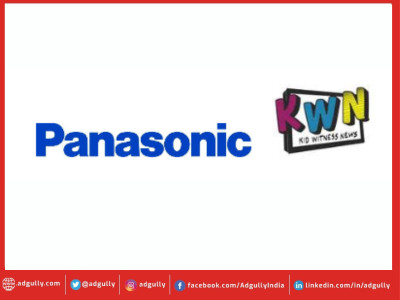
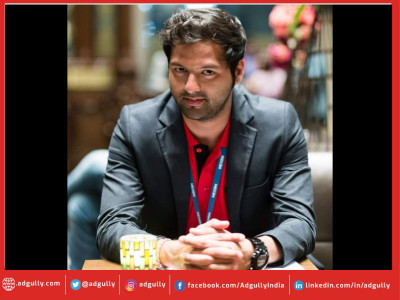

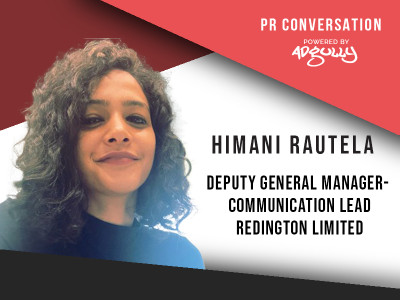

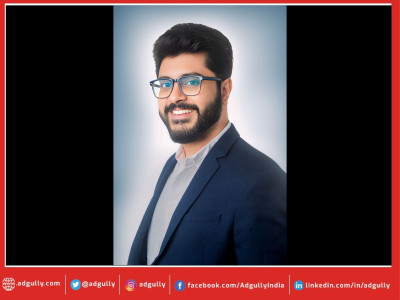


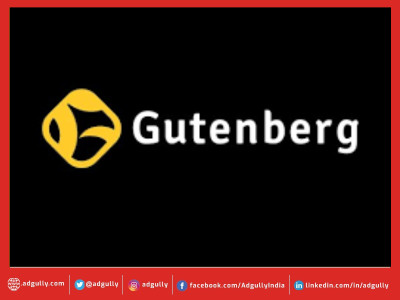

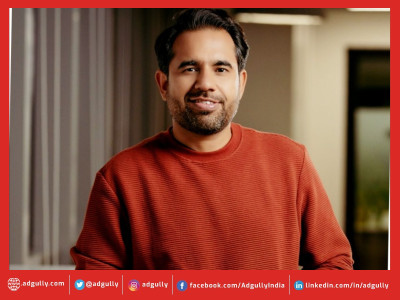



Share
Facebook
YouTube
Tweet
Twitter
LinkedIn